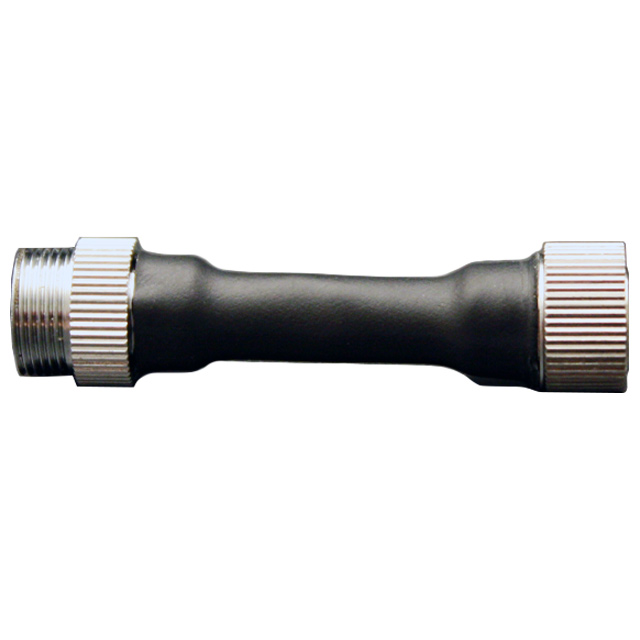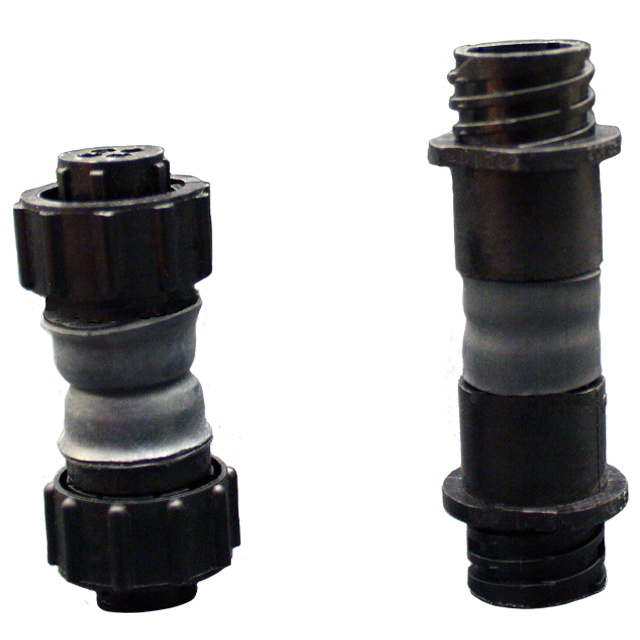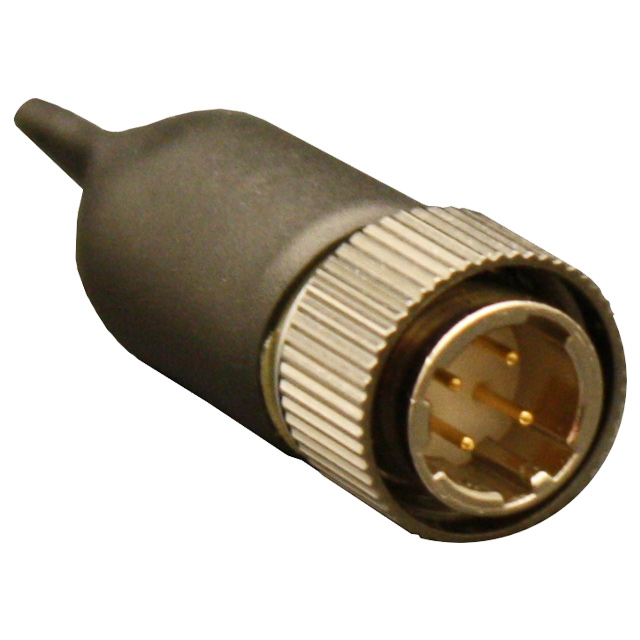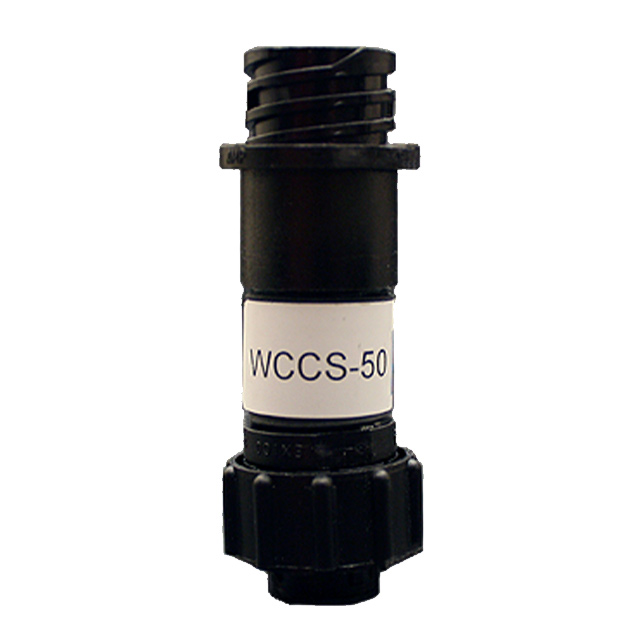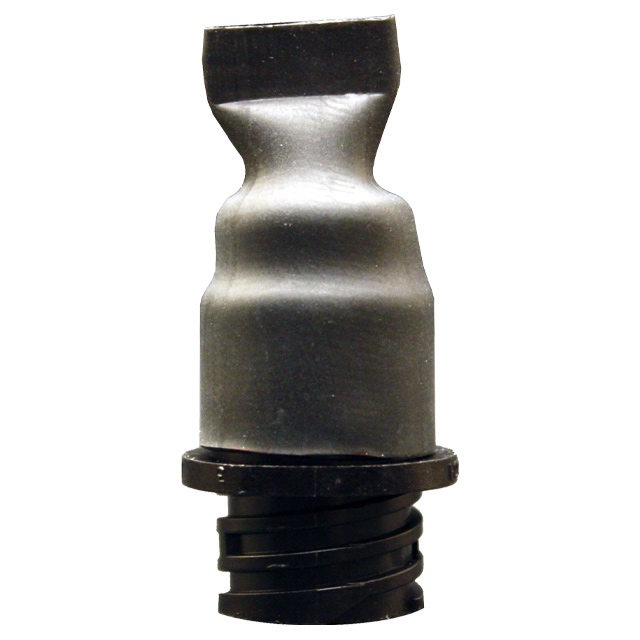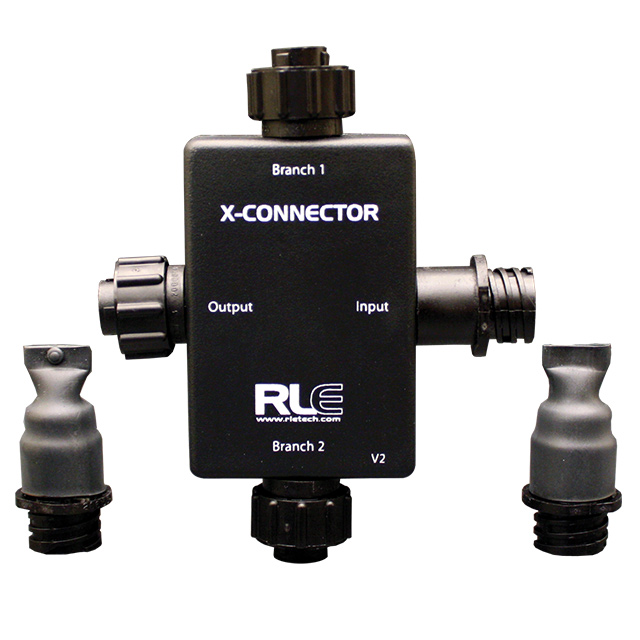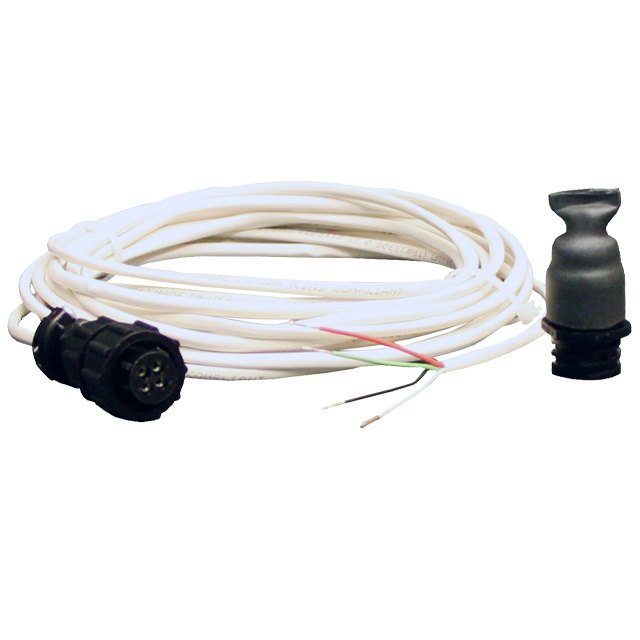Categories
- Sensor Cable Accessories(7)
- 1
What Are Sensor Cable Accessories?
Sensor cable accessories are a range of components and tools used for connecting and protecting sensor cables. These accessories include, but are not limited to, connectors, terminals, junction boxes, cable protection tubes, and seals. They ensure stable connections between sensors and control systems while protecting the cables from mechanical damage, chemical corrosion, and environmental factors. Sensor cable accessories are crucial for ensuring the reliability of sensor systems and extending their service life.
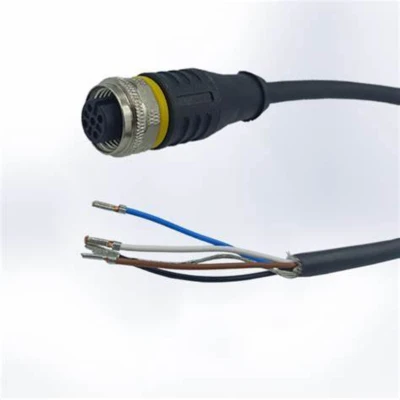
What is Sensor Cable?
Sensor cable is a specialized cable designed to ensure optimal signal and data transmission from a sensor, transducer, or transmitter to a control unit. It can be used to measure various parameters, including pressure, liquid levels, temperature, and flow rates.
Benefits of Sensor Cable
Sensor cables are typically engineered for specific applications, which can vary widely. Galaxy offers support in designing cables that may include features such as vent tubes, strength members, shielding, water-blocking elements, and precise outer diameters.
Applications of Sensor Cable
Sensor cables have a broad range of applications, differing by industry and intended use. Many sensors utilized across diverse fields are piezoelectric sensors, which detect changes in pressure, acceleration, strain, or force. Galaxy designs and provides cables for various sensor applications in sectors such as marine, military, aerospace, industrial, wind energy, autonomous vehicles, and oil & gas, including:
Submersible Level Sensors: For measuring well and tank levels, as well as ground and surface water.
Pressure Sensors: Used in industrial, automotive, and aerospace settings to monitor oil, gas, and water pressures.
Temperature Sensors: For measuring temperatures in various ambient environments.
Position Sensors: Commonly found in construction equipment, building control systems, and weighing mechanisms.
Vibration Sensors: Essential for railway, aerospace, and automotive measurements in critical applications.
Traffic Sensors: Used for speed and red light cameras, weigh-in-motion systems, and vehicle classification.
Driverless Cars / Autonomous Vehicles: Supporting cameras and visual/motion detection systems.







